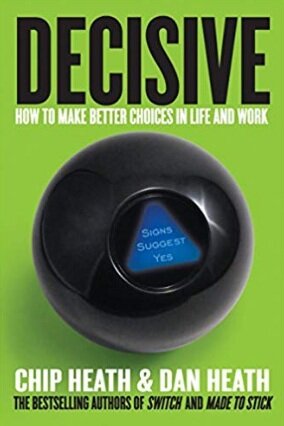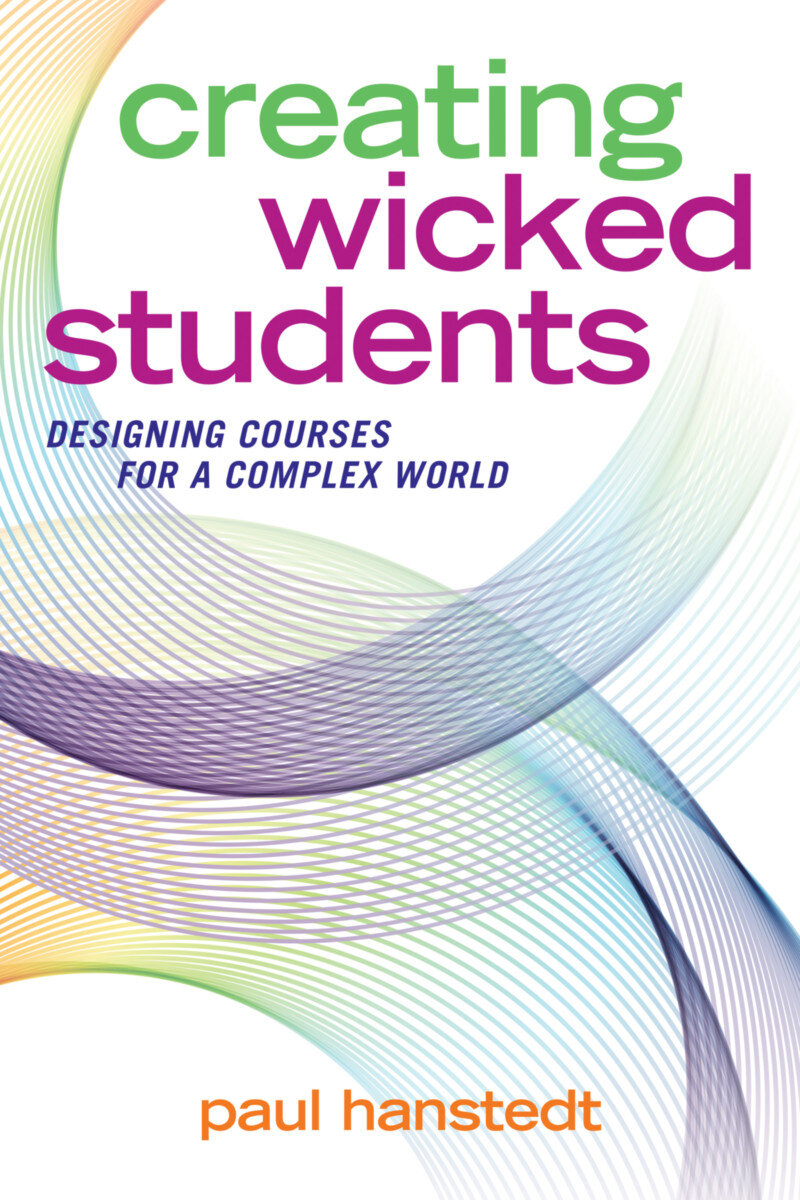Free Content. Subscription Services. Customized Workshops.
To view a distillation click on the book cover or Read More link below the excerpt. Not sure how to use the distillations to improve your practice, learn more about them on our Distillations Explained page.
To find another book, return to the Book Search page.
Screenwise
Screenwise, by Devorah Heitner, was written with parents in mind, but there are many helpful parallels to education. She also calls off the wolves on some parental concerns (e.g., most teenagers aren't looking to meet new people online and almost all digital interaction is polite and caring) and walks the reader through what the reality of the digital landscape is for kids. The overarching message is to engage with children in their digital world and seek to mentor more and monitor less.
Talking to Strangers
Talking to Strangers is different from talking to our friends and acquaintances. Using contemporary case studies, Gladwell challenges his readers to see where experts have made mistakes in communicating with strangers and how we can use those lessons to approach strangers with more humility, compassion, and kindness.
The Art of Gathering
Did you know the greatest potential for memorable moments at an event happens at the beginning, end, and a peak moment in between? In The Art of Gathering, Priya Parker unpacks each component of a gathering from invitation to intentional ending with the perfect combination of research and anecdotes.
Post Corona
In Post Corona, Scott Galloway brings us into the future world economy and the forces that will drive it. While less about Corona than the title implies, it’s a clear window into the future from a great thinker. We would serve students better if we began to think a bit more like Scott Galloway about what’s to come... in education.
Brain Rules
John Medina hits a home run in Brain Rules as he achieves his goal of reframing work, home, and school based on brain science. He uses the neuroscientific principles of evolution, attention, memory, and the senses to walk the reader through the many ways we could improve our lives and productivity.
Got Data? Now What?
Are you leading a school and know that data should be a more integral part of the decision-making process? If so, Got Data? Now What? may just scratch that itch. You will be warned of the pitfalls, walked through the protocols, and told step-by-step what to do to maximize your time and energy while turning data into decisions.
Decisive
Decisive by Chip and Dan Heath is packed with theories, research examples, models, and protocols around decision-making. It doesn’t matter whether you are well-read on the topic or new to the models/ideas, there is plenty here to keep you reflecting on your decisions from the past and mapping out your upcoming choices.
Creating Wicked Students
In Creating Wicked Students, Paul Hanstedt presents methods and strategies for assisting students in solving “wicked problems”– situations where the parameters of the problem and the means available for solving them are changing constantly. To prepare students to apply what they are learning in the classroom to create change in a wickedly-good, but ever-changing and challenging world.
A Guide to Teaching in the Active Learning Classroom
A Guide to Teaching in the Active Learning Classroom takes what many K-12 educators have known for years about student learning and enhances it to another level. All teachers, regardless of level, would benefit from reading the research-based teaching practices outlined in this book.
How Children Succeed
What if the educational emphasis on cognition and ability was all a mistake? What if we focused on developing persistence, self-control, and curiosity instead of cognitive skills? In How Children Succeed, Paul Tough argues that teaching soft skills might be more important than the traditional educational curriculum.
Getting to Yes
Have you ever been involved in a negotiation or disagreement and been frustrated by the resolution process or outcome? If so, Fisher, Ury, and Patton have the solution for next time in Getting to Yes. The reader will learn why stating interests rather than positions is key, why where you sit matters, and why acknowledging the worth of the other party are all keys to success.
How to Raise an Adult
How to Raise an Adult, by Julie Lythcott-Haims, is in many ways a meta-analysis of the dozens of books she references and curated over the course of her 14 years as a Dean of Freshman at Stanford University. A great read for any parent or parent-to-be who wants to reflect on how they were raised and improve on that standard for the next generation.
The Practice of Adaptive Leadership
Ask yourself these questions: Is your leadership team adaptive? Are you thinking that being more nimble might make you a better team? If you answered yes to either of these questions, then pick up The Practice of Adaptive Leadership and explore.
Drive
If you are interested in motivation for yourself, your students, or those you lead, you will find plenty of ideas and research in Drive. Daniel Pink sandwiches mastery, autonomy, and purpose in between his call for new methods of motivating and toolkits to do so. A masterful combination of history, research, and theory will be a joy for anyone interested in motivating themselves or others.
Upstream
In Upstream, Dan Heath teaches us to think about problem-solving from the root causes, as opposed to the normal focusing on the results. This is a great read for anyone interested in thinking about improving the world through ideas such as deploying ambulances more efficiently, providing housing to more people, and ensuring that more students graduate high school.
Where You Go Is Not Who You’ll Be
In Where You Go Is Not Who You’ll Be, Bruni takes the reader through examples that repeatedly debunk the idea that going to an elite college is the primary gateway to success. He argues that outside of the President of the United States and the United States Supreme Court, there is no profession where going to “elite” schools is a significant advantage.
Joy, Inc.
Joy, Inc. by Richard Sheridan is a blueprint for creating a workplace that people love. If you are interested in group dynamics, motivation, and industrial organization, you will find this book quite fascinating. If you lead a school, it will push your thinking, and if you are an edupreneur, it will give you ideas of different ways to structure your school.
Permission to Feel
In Permission to Feel, we learn that some of the most important aspects of learning - attention, focus, and memory - are all controlled by our emotions, not by cognition. Marc Brackett helps us understand what emotions are, how to label them, and the information emotions communicate, potentially transforming how administrators and teachers lead and how students learn.
Farsighted
For those interested in the complexities of thought, a deep dive into Farsighted will bring much satisfaction, as it broaches the uncommon topic of how we make important decisions. Models, such as storytelling and scenario planning, combined with warnings of “fallacy of extrapolation” and “anchoring” keep the reader engaged from page to page.




















